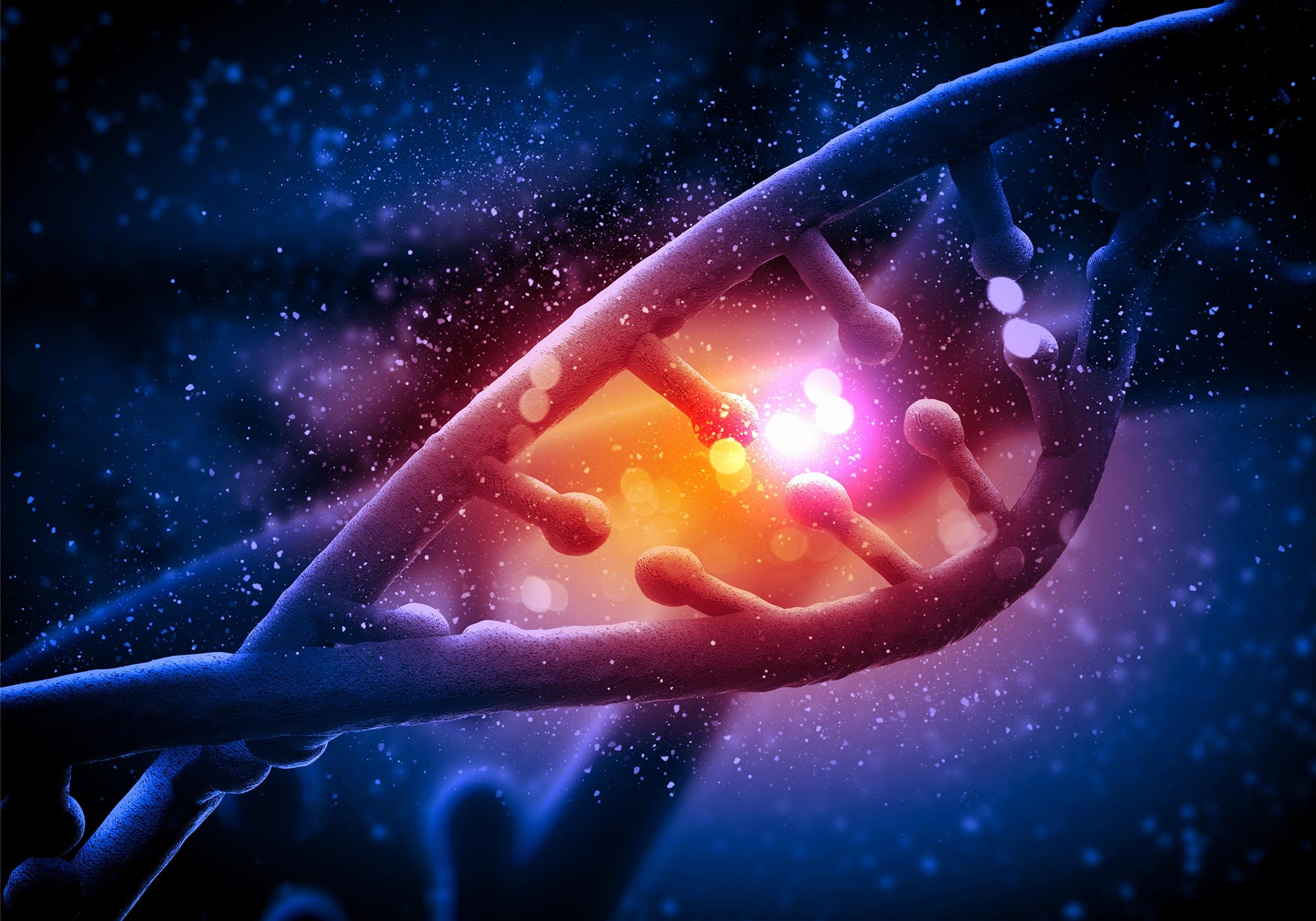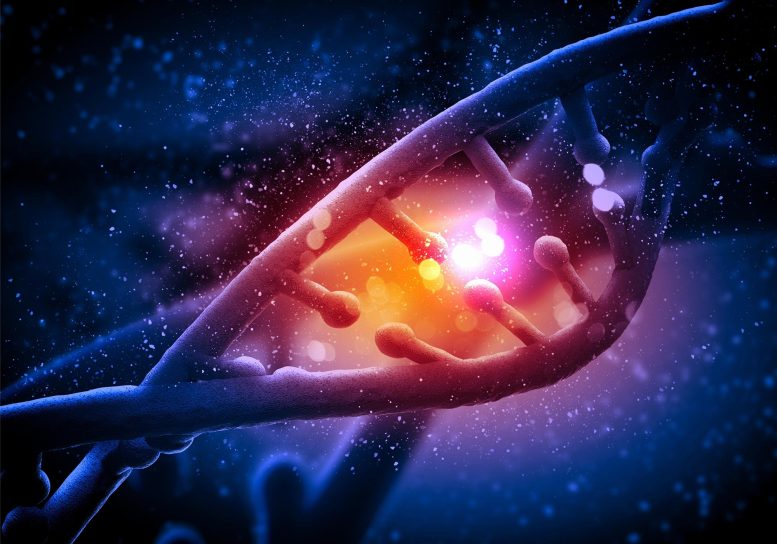

The USP50 protein plays a key role in regulating the balance between nuclease and helicase activity during essential cellular processes.
A new study has identified a protein that plays a key role in regulating which enzymes are responsible for cutting or unwinding DNA during replication.
In a new paper published in Nature Communications, an international team of researchers has found that the protein USP50 supports the DNA replication process by helping to decide the proper use of nucleases or helicases. These enzymes are implemented during the DNA replication process to promote ongoing replication and where the copying machinery runs into problems and needs to restart.
The team led by Professor Jo Morris from the University of Birmingham’s Department of Cancer and Genomic Sciences has identified that USP50 determines which or the many helicases and nucleases are used during ongoing replication, fork restart, and the maintenance of telomeres, the DNA-rich protein structures on the ends of chromosomes.
The identification of USP50’s role provides new insight into the DNA replication process and could lead to a greater understanding of how some hereditary conditions develop.
Jo Morris, Professor of Molecular Genetics in the Department of Cancer and Genomic Sciences at the University of Birmingham and corresponding author of the study said:
“Our study concerns how our cells use specific enzymes to support the typical regulation of DNA replication. We found that because there are several different enzymes involved in cleaving and unwinding, cells must regulate which ones they use so that replication can happen properly. We identified that protein USP50 is involved in this regulation.
“This discovery may be an important step to understanding how some hereditary gene changes lead to early onset aging and cancer.”
Attempted workaround
The study also found that when USP50 is absent during replication activity, cells attempted to use various nucleases and helicases in a less coordinated fashion leading to replication defects in cells.
Professor Morris added: “The finding that cellular nucleases and helicases can stop replication of certain sections of DNA was a surprise – it shows that cells closely co-ordinate their toolkit of DNA-processing enzymes to get DNA replication properly done.”
Professor Simon Reed, Co-Director of the Division of Cancer and Genetics at Cardiff University and a co-founder of Broken String Biosciences, and co-author of the paper said:
“I am truly honored to have co-authored this paper published in Nature Communications, exploring the critical role of USP50 in safeguarding genome stability. This research sheds light on the complex mechanisms that protect our cells from DNA damage and highlights how these discoveries could shape future therapies. Thank you to my collaborators—together, we’ve taken another step forward in understanding how our cells function and how we can apply this knowledge to advance medical science.”
Reference: “USP50 suppresses alternative RecQ helicase use and deleterious DNA2 activity during replication” by Hannah L. Mackay, Helen R. Stone, George E. Ronson, Katherine Ellis, Alexander Lanz, Yara Aghabi, Alexandra K. Walker, Katarzyna Starowicz, Alexander J. Garvin, Patrick Van Eijk, Stefan A. Koestler, Elizabeth J. Anthony, Ann Liza Piberger, Anoop S. Chauhan, Poppy Conway-Thomas, Alina Vaitsiankova, Sobana Vijayendran, James F. Beesley, Eva Petermann, Eric J. Brown, Ruth M. Densham, Simon H. Reed, Felix Dobbs, Marco Saponaro and Joanna R. Morris, 16 September 2024, Nature Communications.
DOI: 10.1038/s41467-024-52250-4